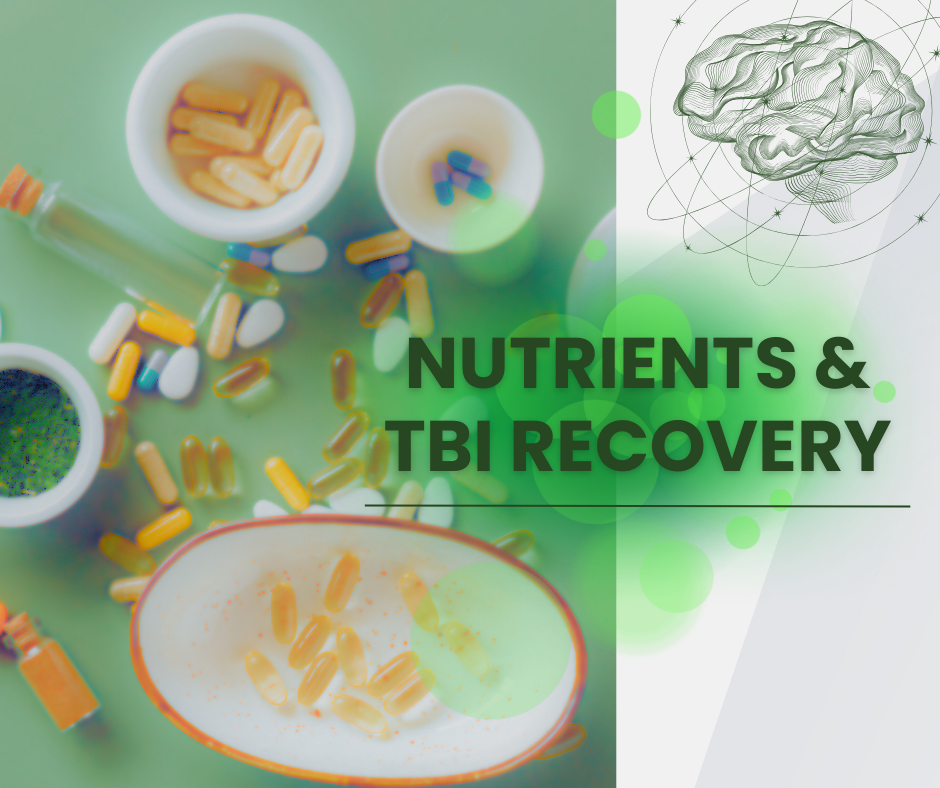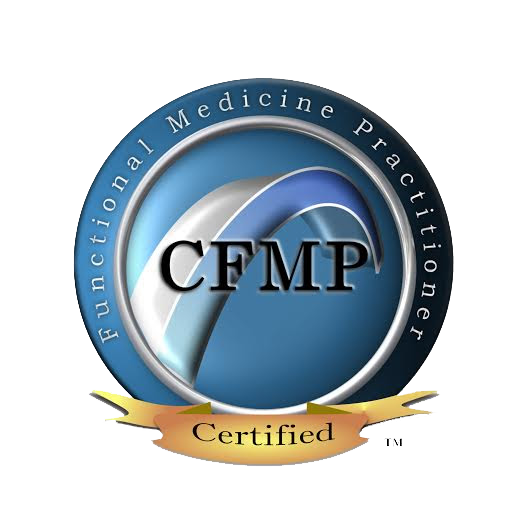
Traumatic Brain Injury (TBI) or Concussion can happen to anyone. In fact concussion is the leading cause of death and disability in children and young adults. The role of nutrition in treatment for concussion is often overlooked. Healing from brain injury is a lot different than healing from a sprained ankle. Even with the help of an amazing therapy like Hyperbaric Oxygen Therapy brain healing may not happen because of the absence of needed nutrients. In this article, we delve into the emerging research that underscores the pivotal role of various nutrients in mitigating the effects of TBI and promoting recovery.
Treatment for Concussion | Protein and Calories
The Institute of Medicine (IOM) recommends that military personnel with severe TBI receive immediate and adequate protein and calorie intake in the first two weeks post-injury. Total calories should be 50 to 100% of what is needed to meet the total energy expenditure for a person that day and 1-1.5 grams of protein per kilogram of body weight, is crucial for effective recovery. A sedentary adult male uses around 2,000 to 2,400 calories a day. So if that person had a TBI they need around somewhere around 100 to 2,400 calories. If a person was 180lbs and had a TBI they need 82 to 122 grams of protein per day. Fasting is harmful to healing at this time.
Treatment for Concussion | Probiotics and Blood Glucose Control
Research suggests that probiotics could play a role in facilitating blood glucose control in patients with severe craniocerebral injury. This finding opens new possibilities for incorporating probiotic interventions into TBI treatment strategies.
Treatment for Concussion | Brain-Derived Neurotrophic Factor (BDNF) and Omega-3 Fatty Acids
Furthermore, studies highlight the critical role of Brain-Derived Neurotrophic Factor (BDNF) in TBI recovery. The results emphasize that subjects with very low BDNF values have higher odds of incomplete recovery. Omega-3 fatty acids, found in fish oils and krill oil, have been shown to regulate signal transduction, gene expression, and protect neurons from death. These fatty acids also normalize BDNF levels, reduce oxidative damage, and counteract learning disability post-TBI.
Treatment for Concussion | Curcumin, Vitamin D, and Creatine
Curcumin supplementation has shown promise in counteracting the deleterious effects of TBI on energy homeostasis and cognitive function. Vitamin D and creatine, along with essential fatty acids, are natural compounds with potential therapeutic benefits in TBI treatment.
Treatment for Concussion | Ketones and Coconut Oil
Coconut oil, known for its ketogenic properties, stimulates the production of ketones. These provide the brain with energy more efficiently than glucose. Ketones also trigger the activation of BDNF, stimulate the growth of new brain cells, and improve blood flow to the brain.
Treatment for Concussion | Krill Oil and Astaxanthin
Additionally, research suggests that omega-3s from krill oil may be more readily absorbed and effectively distributed in the bloodstream compared to fish oil. Krill oil is also a major source of astaxanthin, known for its strong antioxidant activity.
Treatment for Concussion | Nutritional Support Immediately After Injury
Protein intake is crucial for healing, with a recommended dosage of 1g/kg of body weight starting within a day of the injury. Creatine supplementation provides an intense and immediate hit of energy needed for cells to heal post-injury.
Brain Trauma Recovery | Anti-Inflammatory Diets
Reducing inflammatory damage to the brain involves consuming DHA (omega-3 fish oil), grape seed extract, bromelain, quercetin, ginger, and polyphenols found in turmeric and resveratrol.
Brain Trauma Recovery | Thalamus Support and Cognitive Function
If symptoms persist, especially related to the thalamus, a combination of nutritional supplements such as DHA, bromelain, quercetin, ginger, vitamin D, alphalipoic acid, magnesium, zinc, turmeric, resveratrol, and L-carnitine can enhance the healing process.
Brain Trauma Recovery | Specific Nutrient Support for Different Brain Regions
Tailoring nutrient intake based on specific brain regions affected, such as the prefrontal cortex, anterior cingulate gyrus, temporal lobes, limbic system, and cerebellum, can optimize recovery.
Conclusion
The emerging evidence supports the idea that nutritional interventions play a crucial role in TBI recovery. From protein and probiotics to omega-3 fatty acids and ketones, a comprehensive approach to nutrition can potentially enhance the healing process and improve outcomes for individuals affected by traumatic brain injuries. As research continues to unfold, integrating these nutritional strategies into TBI treatment plans offers hope for a more effective and holistic approach to recovery.



